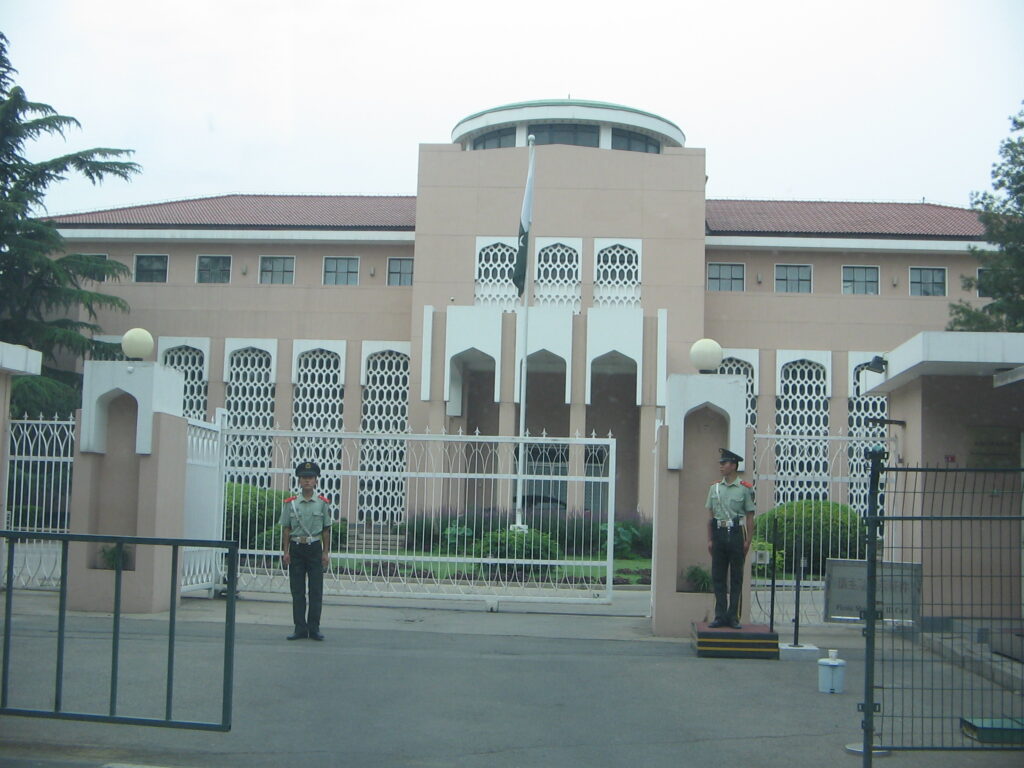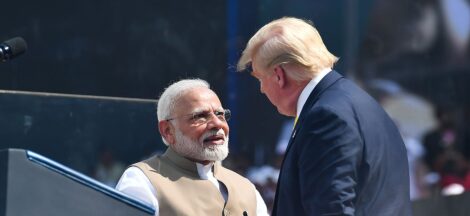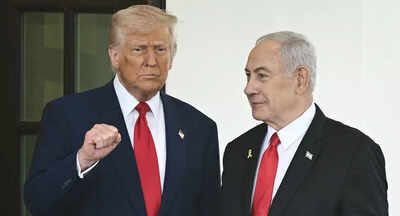China has called for an impartial and thorough investigation into the Pahalgam terror attack, voicing concern over the escalating tensions between India and Pakistan. In a carefully worded statement issued after a telephone conversation between Chinese Foreign Minister Wang Yi and his Pakistani counterpart, Beijing underscored the urgency of maintaining peace and stability in the region.
The Chinese Foreign Ministry conveyed that it is “closely following” the unfolding situation and stressed the need for “calm and restraint” from all parties involved. “The international community must support an impartial and objective investigation into the incident, so that facts can be ascertained swiftly and justice can prevail,” the ministry’s spokesperson Mao Ning said in a press briefing. Mao reiterated China’s consistent stance on promoting dialogue and de-escalation between the two nuclear-armed neighbours, while refraining from assigning blame before the results of any investigation emerge.
The terror attack near Pahalgam, a popular tourist destination in Jammu and Kashmir, left multiple casualties, drawing strong condemnation from New Delhi and prompting a sharp exchange of diplomatic notes between India and Pakistan. While authorities in New Delhi have pointed towards cross-border terrorist groups operating with alleged support from across the Line of Control, Islamabad has categorically denied involvement and has demanded that India present evidence before issuing accusations.
Beijing’s intervention comes at a time when its own strategic interests in South Asia are under scrutiny. China’s Belt and Road Initiative infrastructure projects traverse sensitive areas near the India-Pakistan border, and any instability poses a threat to their progress. Observers suggest that Beijing’s call for an impartial investigation is intended not only to stabilise the immediate diplomatic crisis but also to protect its broader economic and geopolitical stakes in the region.
Wang Yi’s conversation with Pakistan’s Deputy Prime Minister and Foreign Minister Ishaq Dar reportedly included discussions on enhancing strategic communication and strengthening mutual cooperation. According to official releases from Islamabad, both sides agreed on the importance of safeguarding regional peace and avoiding actions that could provoke further tensions.
India, for its part, has maintained a firm position, with Ministry of External Affairs spokesperson Randhir Jaiswal stating that India has “irrefutable evidence” of cross-border terrorism but will pursue appropriate channels to address the matter. The government has not commented directly on China’s call for an investigation but reiterated its commitment to combating terrorism in all forms.
International reactions have been measured. The United States Department of State condemned the attack, expressing solidarity with the victims and calling for those responsible to be brought to justice. The United Nations Secretary-General António Guterres urged both India and Pakistan to exercise maximum restraint and engage in dialogue to resolve differences peacefully.
Analysts note that China’s move to publicly advocate for an impartial probe reflects a nuanced recalibration of its foreign policy in South Asia. While Beijing has long been perceived as an all-weather ally of Pakistan, its growing economic engagement with New Delhi, particularly through mechanisms such as the China-India Strategic Economic Dialogue, necessitates a more balanced diplomatic posture.
Dr. Rani Dutta, a South Asia expert at the London School of Economics, observed that “China is signalling that it does not wish to be seen as taking sides in a conflict that could spiral into broader regional instability.” She added that the emphasis on impartiality is meant to preserve China’s image as a responsible global actor amid heightened scrutiny of its international initiatives.
The timing of the statement is significant, given that the Shanghai Cooperation Organisation summit is scheduled to take place within weeks. Both India and Pakistan are members of the SCO, along with China, Russia, and several Central Asian nations. Diplomatic sources suggest that tensions between New Delhi and Islamabad could overshadow the summit’s agenda unless managed carefully through back-channel negotiations.
Meanwhile, security has been heightened in Jammu and Kashmir, with Indian authorities deploying additional troops and intensifying intelligence operations to prevent further attacks. Home Minister Amit Shah chaired a high-level security review meeting, during which he emphasised the need for “enhanced vigilance” and “swift action against terrorist networks.” The Home Ministry’s statement, however, made no reference to external involvement pending the conclusion of ongoing investigations.
Pakistan’s Ministry of Foreign Affairs issued a strong statement condemning the accusations made by New Delhi, calling them “politically motivated” and aimed at diverting attention from internal issues. Islamabad also reaffirmed its commitment to counterterrorism and offered to assist in any international inquiry into the Pahalgam attack.
Tensions between India and Pakistan have historically flared following terror incidents, with the most notable escalation occurring after the 2019 Pulwama attack, which led to airstrikes and military confrontations. Diplomatic channels, including third-party mediation offers from countries such as the United States and the United Arab Emirates, have previously helped de-escalate such situations, though both India and Pakistan publicly assert that bilateral issues should be resolved without external interference.
Experts caution that the current diplomatic rhetoric, if not managed prudently, could risk pushing the two countries into a confrontational stance, with broader regional and global implications. China’s call for an impartial investigation, while diplomatically prudent, also reflects Beijing’s anxieties over the potential disruption of economic projects, including the China-Pakistan Economic Corridor , a key component of the BRI, which passes through parts of Kashmir claimed by India.




 Tensions Escalate as Pakistan Extends Ceasefire Violations
Tensions Escalate as Pakistan Extends Ceasefire Violations 